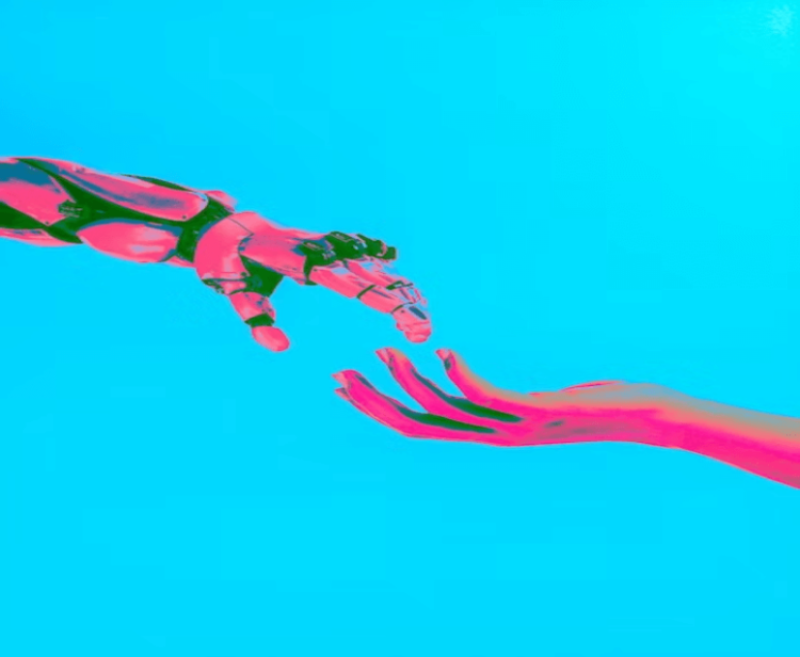The hysteria at the height of Cold War paranoia is about to be repeated in the 2020s’ world of AI.
So, how founded are the fears of AI consciousness? Is there any agreement about what “sentience” or “consciousness” actually is? And what do those experts closest to the coalface have to say about the question of consciousness?
The term “Artificial Intelligence” has already entered popular culture, but as neurophysiologist and computational neuroscientist Christof Koch has pointed out in his 2004 book The Quest for Consciousness, references to artificial intelligence are really only identifying what a sophisticated program can do or achieve. Calling a computer program “intelligent” tells people nothing about its capacity for self-awareness.
The danger lies in anthropomorphising AI. When the outputs of sophisticated computational programs appear to replicate or mimic human qualities or human behaviours, there is a tendency for people to think that these programs are somehow putting together a higher order of understanding or appreciation of all of the incoming information. It is important not to hypothesise that something has become sentient based on output which only resembles what sentient humans produce. After all, it is humans who have designed and programmed these machines to mimic human language and behaviour and responses in their output.































